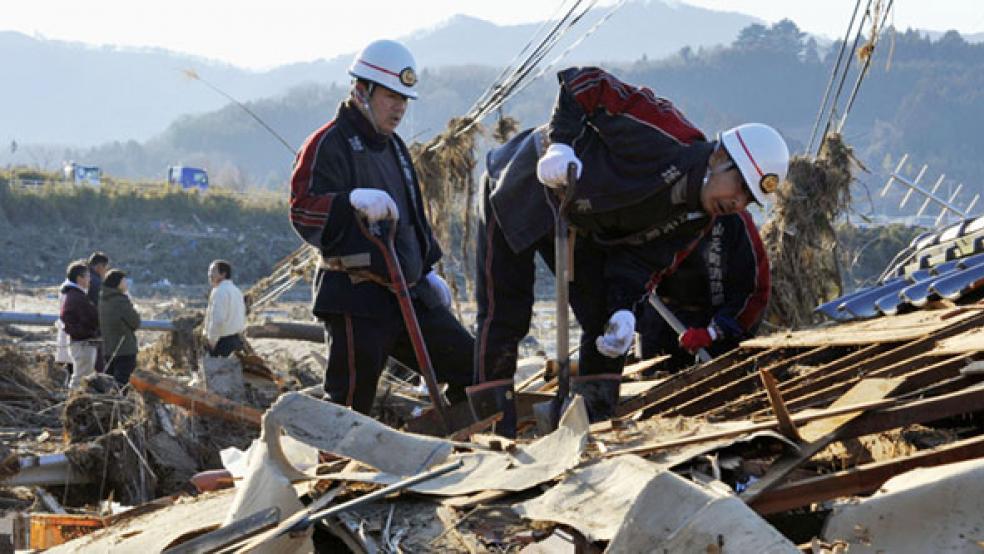It's shocking that anyone would take advantage of a tragedy as heartbreaking as the earthquake and tsunami in Japan, but charity scams frequently take place during extreme crises. After Hurricane Katrina, some 4,000 fake charity websites popped up the Internet, according to a spokesperson for Charity Navigator. In the past few days, the security firm Symantec has tracked over 400 scams that have already surfaced.
Symantec researchers noticed more than 50 domains that have popped up with the names of either ‘Japan tsunami’ or ‘Japan earthquake.’ “Don’t be surprised if you see these domains being used in phishing and spam attacks,” wrote one Symantec security researcher, Samir Patil, on the company’s blog.
Here are five tips to make sure your money goes where it’s needed:
1. Go with well-known, large organizations.
Organizations like AmeriCares, International Rescue Committee, Save the Children and the American Red Cross all have a track record of making a difference in large-scale disasters. Even smaller charities that mean well might not have the resources to be effective.
2. Text with caution.
Donating through texts is fast and easy, but these donations can take longer to arrive. The pledge is added to your phone bill, which could take a month for you to receive, and the charity won’t get anything until after your bill payment is processed, which could take weeks.
3. Think before you click.
Phishing software can hide in links, so beware of odd or unsolicited emails and Facebook posts asking for donations. Simply clicking on the link can transfer the virus. Some scammers will also design the page to look similar to the website of a well-known organization. Double check the URL and click through from the organization’s homepage before proceeding. Never login or give password information if you're not 100 percent sure the site is legitimate. One memorable fake website from the Haiti earthquake lived under the convincing domain www.helptohaitichildren.com, which rearranged content from www.haitichildren.com and made the site look almost identical.
4. Do your research.
If you do decide to go with a lesser-known organization or website, be sure to check it with the Better Business Bureau charity site or Charity Navigator. If you're still on the fence, contact the organization and ask what percent of donations go to overhead – top rated charities spend only about 10 percent on administrative costs. If being solicited, ask what the person’s position is. You’re better off going with a staff member or volunteer than a third-party fundraiser.
5. Take your time.
We all want to help immediately, but at the earliest stages of a crisis, aid organizations need time to coordinate their efforts and set up camp. It might be better to wait until rebuilding efforts start and you see what organizations are making the most impact. Donations tend to dwindle when a crisis no longer dominates the headlines, and that’s sometimes when victims need the most help.
Related Links:
Japan's earthquake: How to avoid charity scams (MSNMoney)
Tips avoiding scams when donating to earthquake relief efforts (WGNTV)



